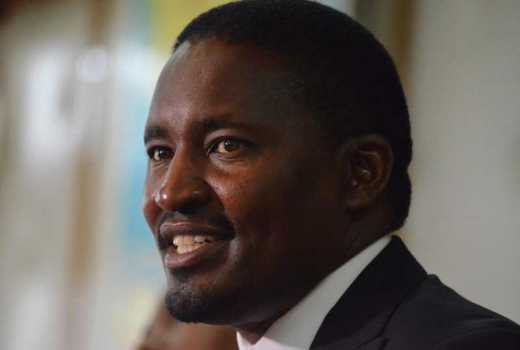×
The Standard e-Paper
Fearless, Trusted News

Political grandstanding must stop if the political class has to deliver development. In particular, I want to address county governments, which have been hiding behind the reprise “the national government has not sent us money”.
Yet the county governments have numerous avenues through which they can raise local revenue and finance their services. A study by the African Development Bank revealed that current revenue collection by county governments stands at 18 per cent of their potential.